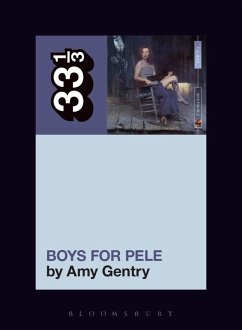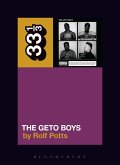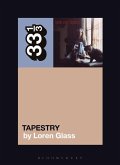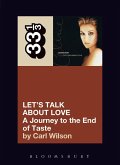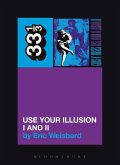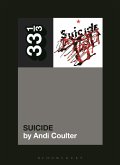It's hard to think of a solo female recording artist who has been as revered or as reviled over the course of her career as Tori Amos. Amy Gentry argues that these violent aesthetic responses to Amos's performance, both positive and negative, are organized around disgust-the disgust that women are taught to feel, not only for their own bodies, but for their taste in music. Released in 1996, Amos's third album, Boys for Pele, represents the height of Amos's willingness to explore the ugly qualities that make all of her music, even her more conventionally beautiful albums, so uncomfortably, and so wonderfully, strange. Using a blend of memoir, criticism, and aesthetic theory, Gentry argues that the aesthetics of disgust are useful for thinking in a broader way about women's experience of all art forms.
Bitte wählen Sie Ihr Anliegen aus.
Rechnungen
Retourenschein anfordern
Bestellstatus
Storno

